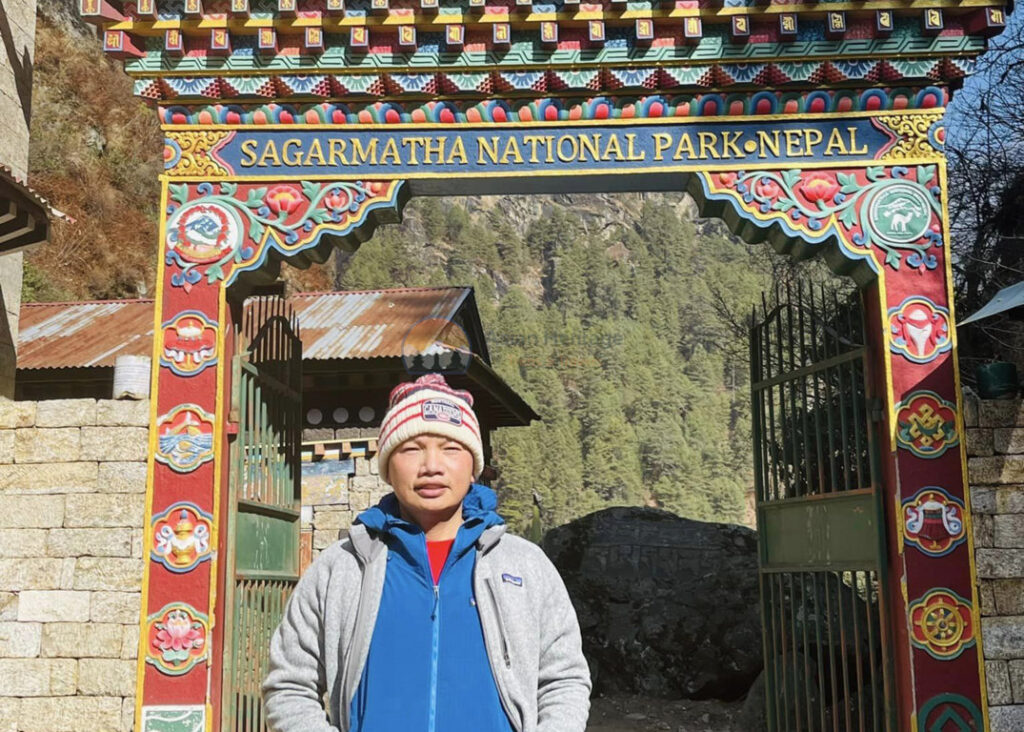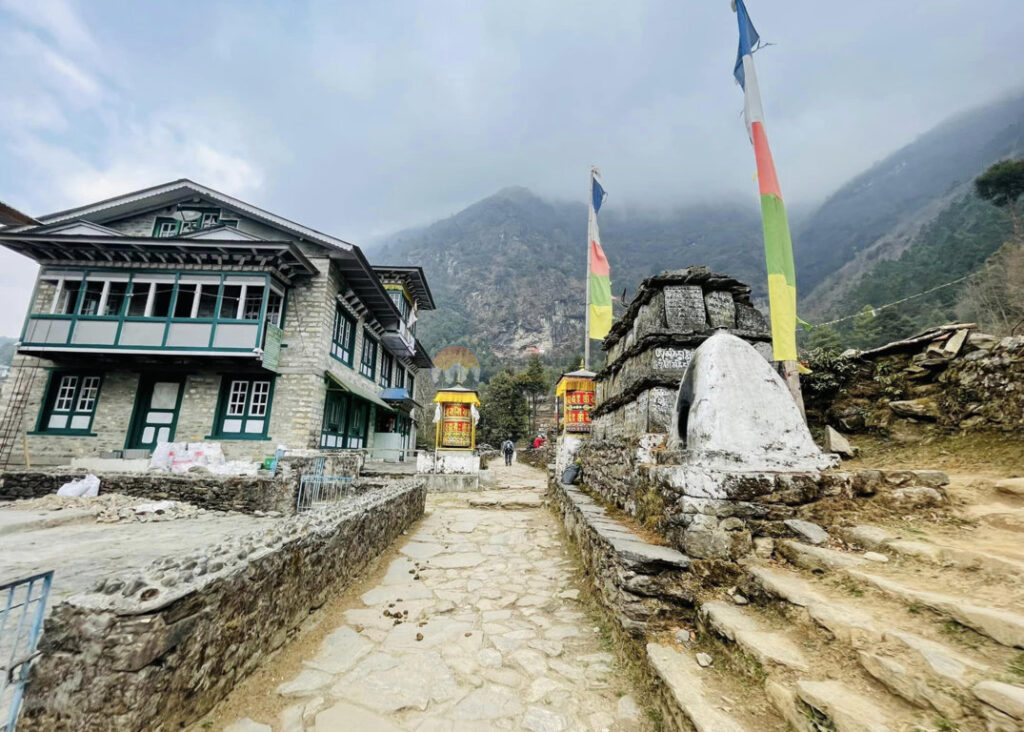Embarking on a journey to the Everest Base Camp is a dream come true for many adventure seekers. Let’s explore the Everest Base Camp Trek Permit, including the necessary paperwork and associated costs. Nestled in the majestic Himalayas, this trek offers breathtaking views, cultural encounters, and an unparalleled sense of accomplishment. However, before you set foot on this iconic trail, it’s crucial to understand the permit requirements and have all the essential documents in order.
Sagarmatha National Park Entry Permit
The Sagarmatha National Park, a UNESCO World Heritage Site, is a protected area encompassing the Everest region. To enter the park and trek to Everest Base Camp, you need to obtain a Sagarmatha National Park Entry Permit.

This permit helps conserve the unique natural and cultural heritage of the region. You can acquire the permit in Kathmandu or at the park entrance in Monjo.
Required Documents
To obtain the Sagarmatha National Park Entry Permit for the Everest Base Camp Trek, you will need the following required documents:
- Passport
- Passport-Sized Photographs
Cost of Sagarmatha National Park permit
The cost of the permit is as follows:
- Nepali nationals: NPR 1,500
- SAARC nationals: NPR 1,500
- Other nationals: NPR 3,000
Children below the age of 10 are exempt from paying the Sagarmatha National Park entry fee. However, it’s important to note that regulations and fee structures can change over time. Therefore, it’s advisable to verify the current regulations and fee exemptions from official sources like the Nepal Tourism Board or the Department of National Parks and Wildlife Conservation before planning your Everest Base Camp trek.
Also Check: Everest Base Camp Trek Distance
Khumbu Pasang Lhamu Rural Municipality Entry Permit:
The Khumbu Pasang Lhamu Rural Municipality is a popular destination in Nepal, known for its stunning natural beauty and being the gateway to the world’s highest peak, Mount Everest.

In addition to the Sagarmatha National Park Entry Permit, you need a Khumbu Pasang Lhamu Rural Municipality (KPLRM) Entry Permit. This permit grants access to the local communities and villages within the Khumbu region. It supports local development initiatives and helps maintain the region’s infrastructure. You can obtain the KPLRM Entry Permit in Lukla or Monjo.
Also Read: Khumbu Glacier Valley: Northeastern Heaven
Required Documents
To obtain an entrance permit for the Khumbu Pasang Lhamu Rural Municipality in Nepal, you will typically need the following documents:
- Passport
- Passport-sized Photographs
Cost
The cost is NPR 2,000 with 13% VAT included for all nationalities except Nepali. Please note that permit fees can change over time, so it is always recommended to verify the latest information from the concerned authorities or local tourism offices before your visit.
Gaurishankar Conservation Area Permit
For those seeking a more adventurous and off-the-beaten-path approach to the Everest Base Camp trek, starting from Jiri is an excellent option. This classic route allows trekkers to immerse themselves in the scenic beauty of the Solu-Khumbu region and experience the traditional Sherpa culture before reaching the iconic Everest Base Camp.
Read: Everest Base Camp Trek Cost Breakdown
The Gaurishankar Conservation Area (GCA) is a protected area located in the northeastern part of Nepal, encompassing the Gaurishankar Mountain Range. If you are starting your Everest Base Camp trek from Jiri, you will need to obtain a Gaurishankar Conservation Area Permit. This permit aims to conserve the rich biodiversity and natural resources of the region.
Required Documents
- Passport
- Passport sized photo
Cost
The permit fee for the Gaurishankar Conservation Area Permit (GCAP) for the Jiri to Everest Base Camp Trek is 2,000 NPR. It’s important to note that permit fees can change, so it’s always advisable to double-check the current fees with the Department of Immigration or a reliable local source before your trek.
Conclusion
When planning your Everest Base Camp trek, it is crucial to be aware of the required permits to ensure compliance with local regulations. The Sagarmatha National Park Entry Permit and the Khumbu Pasang Lhamu Rural Municipality (KPLRM) Entry Permit are the primary permits needed for the trek. These permits support the conservation of the region’s natural and cultural heritage and contribute to local development efforts.







